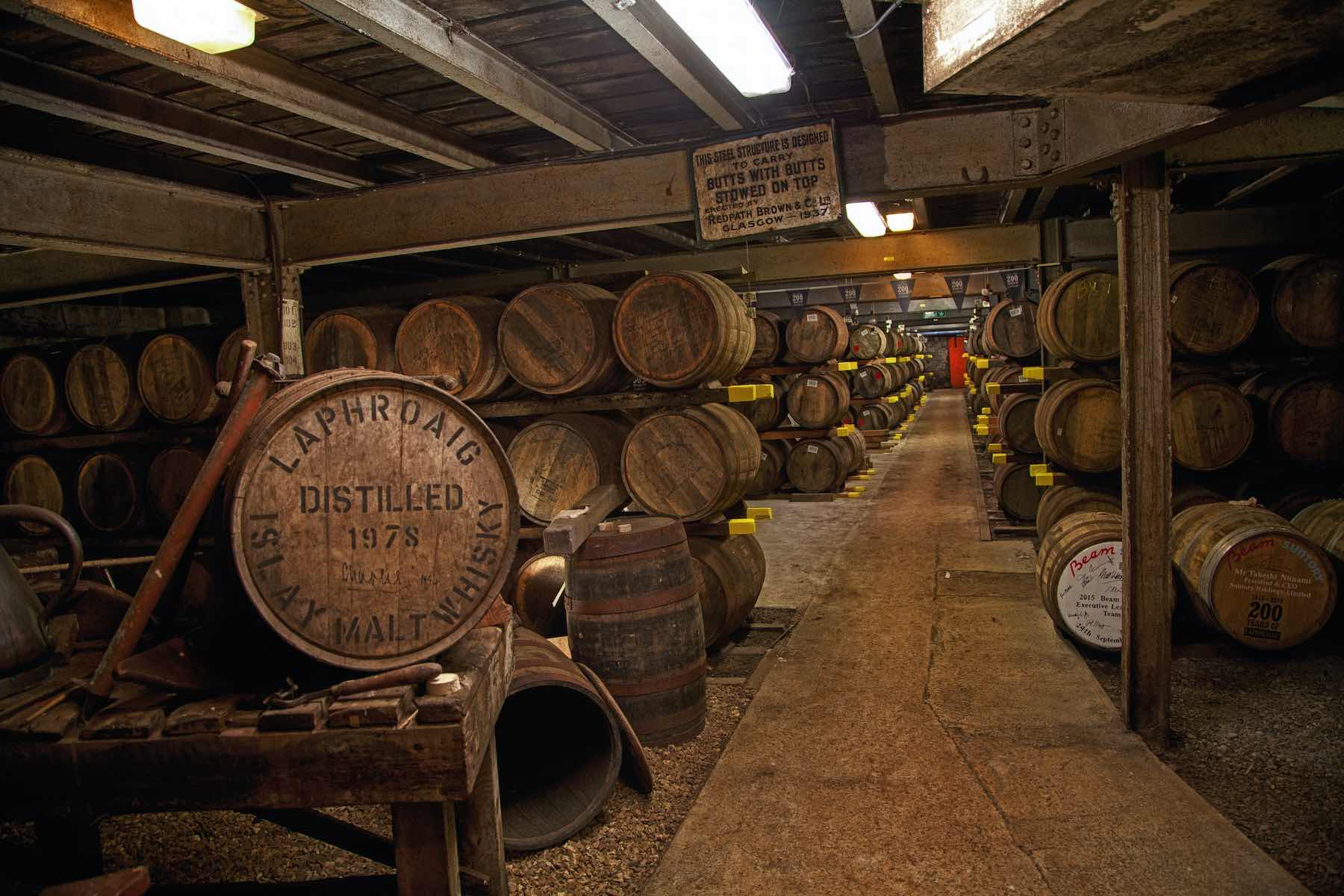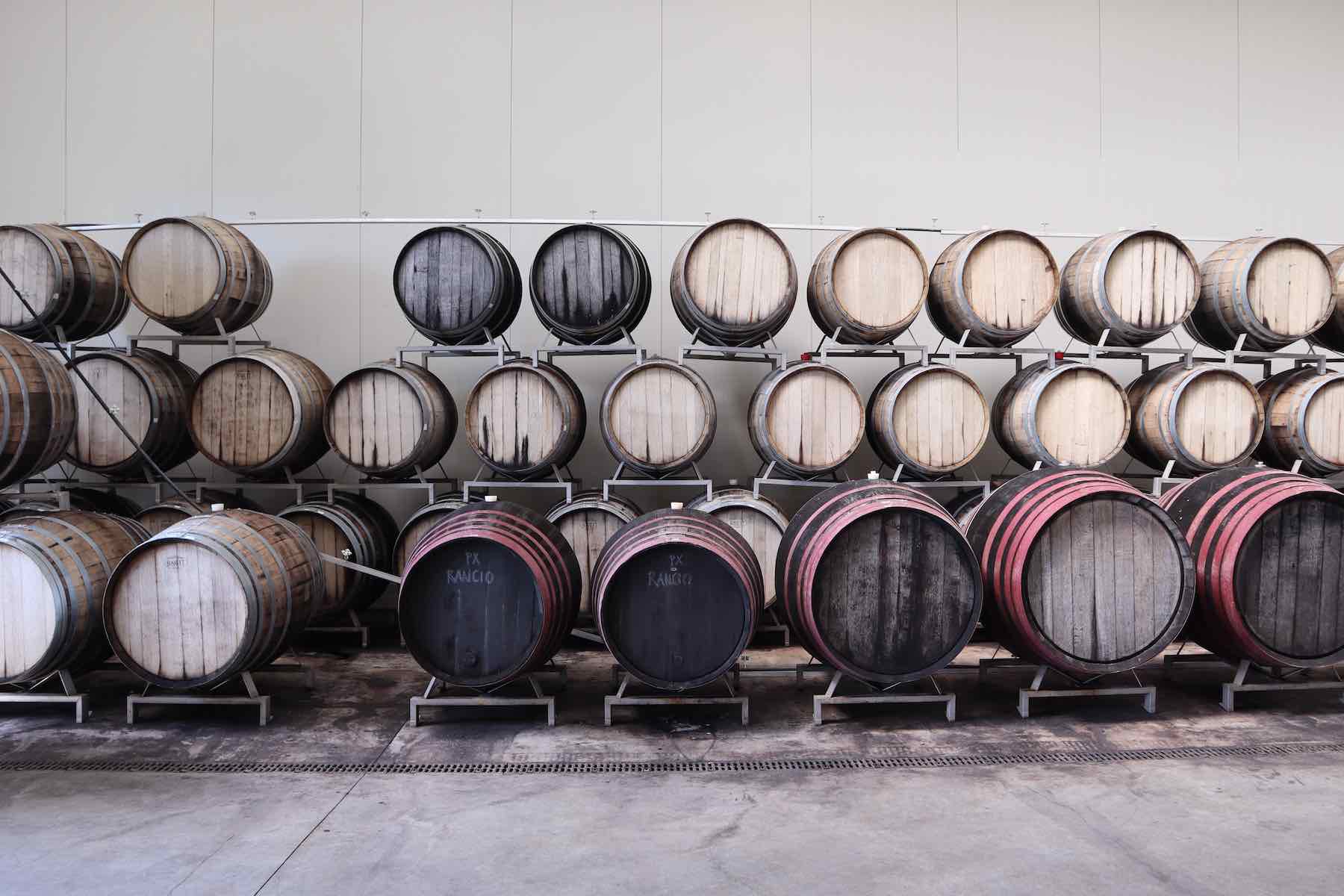
The best warehouse storage conditions for whisky casks
They say there are exceptions to every rule. And given whisky casks are stored in very different climates all around the world, it's likely there are counter-examples to almost every aspect of scotch maturation. That said, there are some general principles, or key variables, that are worth commenting upon.
The role of temperature
First up is the role of temperature. Temperature is a key variable in the maturation of whisky. The general principle for scotch is that whisky casks should be stored in a cool, consistent, environment. In cooler temperatures, the ageing process is gradual and controlled. This helps the methodical integration of flavours from the wood of the cask, into the wood. It also helps limit evaporation to a couple of percent a year, avoiding those angels taking too great a share!
That said, there are obvious counters to this principle. Whisky ageing in parts of the US, Asia, India and Australia will experience both far higher temperatures - and far greater fluctuations in temperature. Take for example a tin-clad warehouse in Kentucky - a cask close to the tin roof will experience both radical highs and lows in temperature throughout the day and night, and as the seasons change.
Perhaps key here is the degree to which maturation is gradual and controllable. In our scotch case study, one can age whiskies for many decades, and produce flavoursome results. In our Kentucky example, most whiskeys would be aged for, say, up to 10 years old. Old age statement bourbons are rare, as a result.
The role of humidity
Humidity also plays a significant role in the storage of whisky casks. High humidity levels are preferred as they reduce the rate of evaporation of the whisky. This slower evaporation rate ensures a more balanced maturation process. In contrast, low humidity environments lead to higher alcohol evaporation, which can result in a whisky with a sharper, sometimes harsher, profile.
Again, the same counter-examples we looked at with regard to temperature will apply. And that's not to say you can't create a superb whisky in a dry climate. What it does perhaps suggest is you're likely to age a whisky in a dry climate for a shorter amount of time, as you look to avoid over-ageing it and creating something that's just too woody and blunt.
The role of light, or to be more precise, darkness
Like bottles of whisky, light exposure should be kept to a minimum when storing whisky casks. UV rays can degrade the quality of whisky, impacting its flavour and aroma. This is why whisky is often stored in dark warehouses or cellars. This principle is true the world over.
The role of air
Air quality is another important factor. Clean, fresh air is beneficial for the casks. And warehouses are designed to encourage a certain level of airflow. This air helps regulate the temperature and humidity while also contributing to the overall maturation environment.
The role of architecture
The type of warehouse used for storing whisky casks can significantly influence the maturation process. Traditional dunnage warehouses, which have earthen floors and stone walls, offer a cool and damp environment, ideal for slow maturation. Rack warehouses, on the other hand, facilitate more uniform conditions across casks but can lead to a different maturation profile due to their construction and layout.
Find out more about whisky casks
If you'd like to find out more about whisky casks, we'd be pleased to help. Spiritfilled is a cask broker who helps clients around the world buy and sell whisky casks every day. You can speak with one of our whisky cask experts here, or download our free Whisky Cask Guide here.



